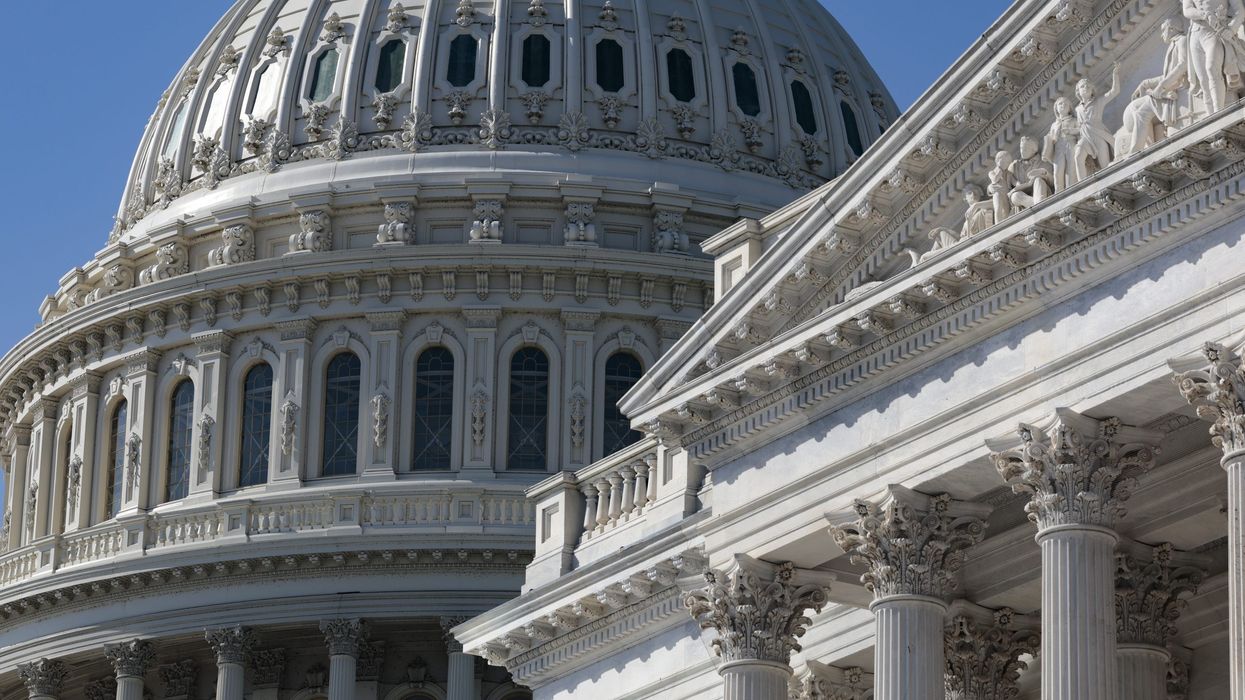THE U.S. SENATE and House passed a $1.5 trillion government-funding package last week that includes some much-needed relief for the hospitality industry, two associations said. However, the spending bill also missing some elements industry advocates have pressed Congress and the administration to pass.
The omnibus spending bill passed on a 68-31 vote in the Senate and is now awaiting President Biden’s signature, according to government focused news agency RollCall.com. At 2,700-pages, the omnibus contains all 12 fiscal 2022 spending bills and has been in negotiations for five months.
The bill includes the Restoring Brand USA Act that will provide $250 million in relief funding to the destination marketing organization that promotes travel to the U.S. The U.S. Travel Association welcomed that fact in a statement from Roger Dow, USTA president and CEO.
“The inclusion of the Restoring Brand USA Act in the fiscal spending bill is a major win for the entire U.S. travel industry, which has suffered more than any other industry throughout the pandemic. As international travel spending remains 78 percent below pre-pandemic levels, the relief provided by the bill, which utilizes existing funds at no cost to American taxpayers, will help the international travel segment rebound more quickly and restore U.S. jobs,” Dow said. “Brand USA has historically garnered strong bipartisan support due to its focus on promoting both urban and rural destinations, as well as its strong return on investment, which yields an average of $26 for each $1 spent on marketing activities. We are pleased that Congress has once again recognized the value this program holds for travel businesses and local economies in every pocket of the country.
However, the bill also is missing something, said Chip Rogers, president and CEO of the American Hotel & Lodging Association. However, Rogers also supported the inclusion of Brand USA funding along with other elements of the bill.
“While we are disappointed this package does not include the targeted COVID-19 relief hotel employees and small businesses have needed since the early stages of the pandemic, the bill contains a number of victories for hoteliers,” Rogers said. “The bill would give the Departments of Homeland Security and Labor the ability to increase the number of H-2B visas available in fiscal year 2022. This is vital to helping seasonal hospitality small businesses keep their doors open. It would also reauthorize through September 2027 the EB-5 visa program, which enables those investing in American businesses to obtain green cards. Notably, the bill also includes nearly $14 billion in emergency humanitarian security and economic support for Ukraine and the U.S.’s central European allies.”
AHLA, USTA and AAHOA previously supported the November passage of the $1.2 trillion Infrastructure Investment and Jobs Act as well.






